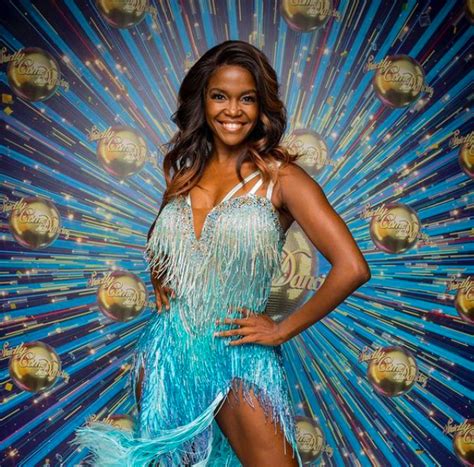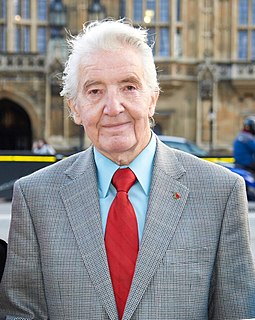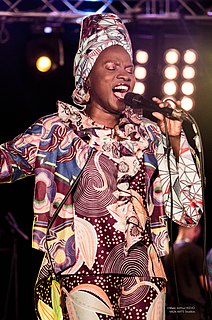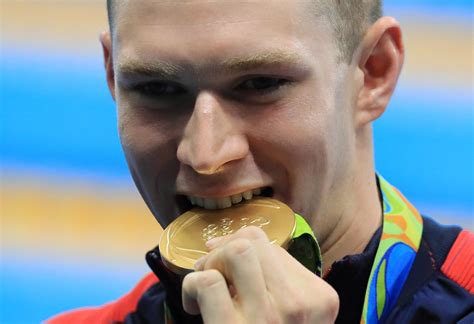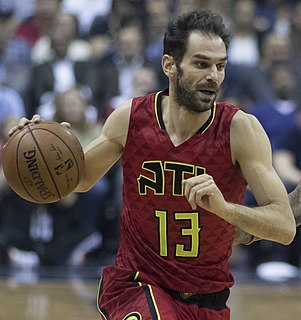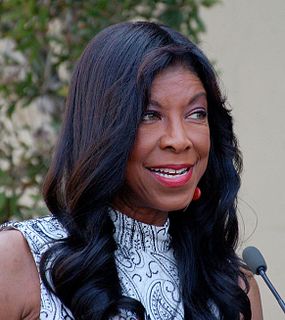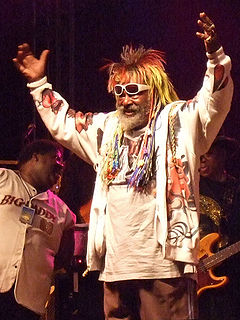A Quote by Oti Mabuse
I was born and raised in Pretoria. Nobody ever really talked about Santa because the whole concept just didn't make sense to us. Think about what South Africa looks like: I mean, we don't even have any chimneys for him to come down!
Related Quotes
I don't even remember hearing about [Immorality Act of 1927]. I just knew about it. I was born into it, so I don't remember my parents ever saying it to me. I don't remember a conversation ever being had around this. I just knew this to be the law because that's what I was growing up in during that time in South Africa.
It just seemed like I would. I mean, I didn't know him on a daily basis -- far from it. But, in a way, I don't even feel right being here without him. It's so difficult to really believe he's gone. I still talk about him like he's still here, you know. I can't figure it out. It doesn't make any sense.
If you really think there's a Santa, why don't you sit on the front steps all night in the freezing cold and see if he climbs down any chimneys tonight. Good luck. And since we're a family that isn't lucky enough to have a chimney, how would Santa get into our house? Does he bring a locksmith with him? And it probably would have to be a Jewish locksmith, because a Christian locksmith is going to want to be home with his family. And how many Jewish locksmiths are there? None.
I was raised in a country [South Africa] with a lot of political turmoil. I was part of a culture and a generation that suppressed people and lived under apartheid regimes. I don't know how you can come out of that and not have an awareness for the world. I think that if my life had turned out any other way and I was working in a bank, I would still feel this way about it, because there's a connection to humanity that to me is really important.
When I was in government, the South African economy was growing at 4.5% - 5%. But then came the global financial crisis of 2008/2009, and so the global economy shrunk. That hit South Africa very hard, because then the export markets shrunk, and that includes China, which has become one of the main trade partners with South Africa. Also, the slowdown in the Chinese economy affected South Africa. The result was that during that whole period, South Africa lost something like a million jobs because of external factors.
We [me and Jennifer Salke] talked about the characters and different kinds of families and where are we today. We certainly pitched the gay couple, but we also talked about what it was like to be a single mother with a young daughter, what is it like to be a woman in your 50's who is completely starting over and dating again and having to go online to date again. We talked about the whole spectrum of the characters, but I don't think it ever came up about whether people are ready for it or not.
If I ever thought of directing again, I mean - I don't know, even the idea of directing a film is a strange one for me, because I feel kind of anti mathematics in a way in that sense. Anti - I don't like when things make sense, I prefer if they don't, so if I made a film, it wouldn't make any sense and no one would see it. So maybe I'll just make little films at home with my phone, never to be released.
Love yourself. Nobody's perfect. I mean, come on, nobody is perfect. Not you, not your mom, even the people on TV - nobody is perfect, and there's always something that nobody likes, but you know, you just accept that. Your imperfections make you beautiful. It's those things you find you don't like that someone else finds very special and very unique about you.
I would like to flood South Africa with black personages of all sorts of persuasions: writers, educators, businessmen, you name it. If you are black and have any clout at all, I would like to see you go to South Africa and look for yourself and come back and try to use the tools that you have at your command to try and help the brothers down there.
